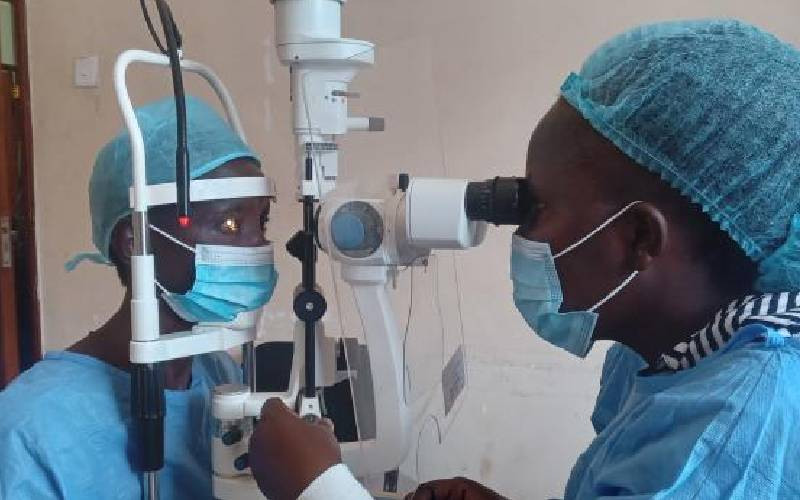
An anti-tobacco lobby group has sounded the alarm over growing interference by the tobacco industry, warning that children and youth across Africa are being deliberately targeted.
Kenya is among the countries reporting high tobacco use among children and youth.
The African Tobacco Control Alliance (ATCA) is particularly concerned about the use of smoking avatars and branded content in the metaverse, describing it as a dangerous new frontier in tobacco marketing. The group says the largely unregulated digital space is being exploited to reach young users.
The warning comes as Africa experiences a rapid wave of digital innovation, with the continent embracing mobile connectivity, virtual platforms, and immersive technologies.
The group noted that children and youth can easily access many digital platforms containing tobacco-related content. Such content is often packaged in ways that appeal to young audiences, portraying tobacco use as less harmful than it truly is— despite extensive research and evidence from health experts showing otherwise.
According to the African Union’s Digital Transformation Strategy (2020–2030), the vision is for a continent where digital tools drive inclusive growth, education, and entrepreneurship. ATCA cautioned that this digital progress must not be hijacked by the tobacco industry to mislead and recruit young people.
“As African youth become increasingly active in virtual spaces—including gaming, social media, and immersive platforms—the tobacco industry is adapting its playbook to lure them into addiction,” the group warned.
- Health Ministry dismisses claims of alleged BAT collaboration in stopping tobacco use
- Break the silence: Normalise hearing health care
- Snakebites still a major public health concern in Kenya
- WHO report reveals progress in tobacco war but gaps remain
Keep Reading
The fight against tobacco use, they added, now transcends borders, industries, and platforms. “We cannot stand by as addiction is repackaged and disguised as entertainment,” ATCA stated.
According to the World Health Organisation (WHO), smoking is a leading cause of cardiovascular disease—including heart attacks and strokes—and is responsible for millions of deaths globally.Smoking also increases the risk of blood clots, which block blood flow to the heart, brain or legs.
Tobacco use and exposure to second-hand smoke remain major preventable risk factors for non-communicable diseases (NCDs). Among young people, exposure to second-hand smoke stands at 24.8 per cent at home and 44.5 per cent at workplaces.
Each year, tobacco kills 1.1 million people, of those, 153 000 die from exposure to second-hand smoke.
In 2021, tobacco accounted for 15.4 per cent of total deaths in males and 4.7 percent of deaths in females.
The proportion of deaths from ischaemic heart disease attributable to tobacco use is estimated to be 26 per cent for men and 7 per cent for women.The proportion of deaths from lung cancer attributable to tobacco use is 71 per cent for men and 46 per cent for women.
In Kenya, approximately 9,400 Kenyans die annually due to tobacco related illnesses, according to Kenya Tobacco Atlas.
Moreover, 46 per cent of 2,000 patients receiving treatment for chronic respiratory diseases, cardiovascular disease, diabetes mellitus, Tuberculosis (TB), and cancer reported a history of tobacco use.
ATCA has urged governments, civil society, tech companies, and all relevant stakeholders to implement digital regulations that ban tobacco promotion, particularly in virtual environments frequented by young people.
The alliance is also calling on states to work closely with platform developers to integrate strict anti-tobacco content guidelines, age-verification tools, and robust moderation mechanisms.
 The Standard Group Plc is a multi-media organization with investments in media
platforms spanning newspaper print
operations, television, radio broadcasting, digital and online services. The
Standard Group is recognized as a
leading multi-media house in Kenya with a key influence in matters of national
and international interest.
The Standard Group Plc is a multi-media organization with investments in media
platforms spanning newspaper print
operations, television, radio broadcasting, digital and online services. The
Standard Group is recognized as a
leading multi-media house in Kenya with a key influence in matters of national
and international interest.











